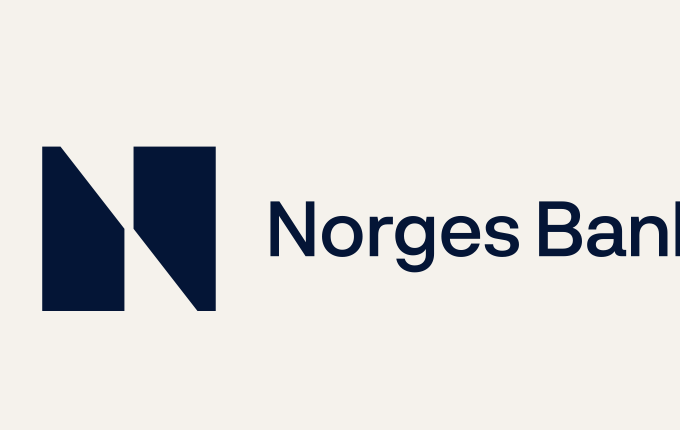
Albo raises $19M Series A to scale Mexico’s largest neobank
via TechCrunch
Mexican challenger bank Albo has secured a $19 million extension to its Series A financing, bringing the company’s total Series A funding amount to $26.4 million. This marks one of the larger early rounds for a Mexican startup. Albo is a Mastercard debit card and a personal finance app that allows customers to open a bank account in five minutes through a branchless experience. Albo says it owns the market share in Mexico with 200,000 monthly active customers who are spending and making transactions in its platform.
Another startup hoping to capitalize on the fintech opportunity in Mexico has closed on a new sum of funding. Mexican challenger bank Albo has secured a $19 million extension to its Series A financing, led by U.S.-based Valar Ventures. The neobank previously raised $7.4 million at the beginning of 2019, bringing the company’s total Series A funding amount to $26.4 million.
This marks one of the larger early rounds for a Mexican startup. Albo joins the ranks of other Mexican startups that have raised larger-than-average Series A rounds, like Y-Combinator backed scooter company Grin that scored a $45.7 million Series A and Klar, the Chime clone that raised $57.5 million in debt and equity seed funding.
Albo is Valar Ventures’ first foray into Mexico, though it has a penchant for neobanks broadly. The fund, which was founded by Peter Thiel, notably invested in N26 and TransferWise.
Mountain Nazca and Flourish Ventures also joined Albo’s Series A.
In its current form, Albo is a Mastercard debit card and a personal finance app that allows customers to open a bank account in five minutes through a branchless experience.
The challenger bank tech startup concept is one of the most lucrative opportunities in Mexico — which is the second largest economy in Latin America behind Brazil. Out of the 130 million population of Mexico, 45% are underbanked. While underbanked users have access to bank accounts, deep financial products designed to help them compound wealth through lending and savings features do not exist in the Mexican market through traditional banks. This leaves what founder 31-year-old Angel Sahagun describes as a total addressable market of 59 million people in Mexico alone.
Traditional banks don’t serve the Mexican population. Existing incumbents shy away from lending, lack transparency, have high fees and are known for bad customer service.
Albo says it owns the market share in Mexico with 200,000 monthly active customers who are spending and making transactions in its platform. But it is far from the only consumer neobank option in the country. Brazil’s Nubank, one of the most high-funded startups in all of Latin America, expanded into Mexico in May of this year. Nubank says it has 8.5 million clients in Brazil, and the startup is reportedly fundraising at its $10 billion valuation. Not to mention the threat posed by European startups like N26 and Revolut that have reportedly had their eye on the Mexican market.
Sahagun says that while there may be some overlap in Nubank and Albo customers, the offerings are different. Nubank issues credit cards for people with existing credit history — not the same target customer as Albo.
Either way, with a new Mexican fintech product launching or getting funded seemingly every day, the market is growing saturated. That’s great for the ecosystem and for customers to have so much competition. But this will raise challenges around acquiring customers and hiring, and fundraising will undoubtedly get harder for those who want a piece of the Mexico fintech pie.
In the meantime, founders are taking more of a collaborative rather than competitive stance. “This isn’t a winner takes all market,” says Sahagun, arguing that the financial market in Mexico is diverse enough to thrive with numerous financial products.
Sahagun says the capital will be used to expand leadership roles and speed up customer acquisition. Albo will use the capital to build out new features: a savings product that lets users improve spending and saving habits, and what it says will be a transparent and easy-to-use lending option for customers who want access to loans.





